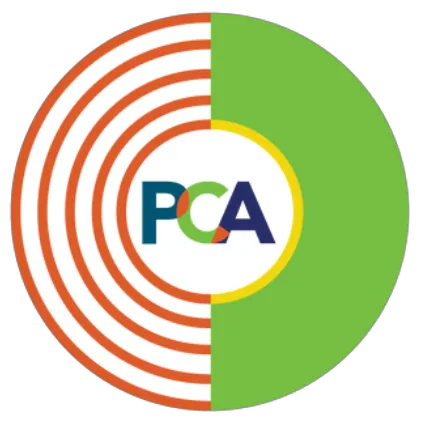
4 Building Blocks of Motivational Interviewing
Looking for the definitive word on Motivational Interviewing (MI)? Maybe you’re wondering what MI is? Well, you've come to the right place. Read on for more details on motivational interviewing (MI)...
What is Motivational Interviewing?
Born out of the world of addiction, MI is a conversation style that honors the client and doesn’t seek to direct, but to support as a guide on the side. Motivational Interviewing is a book written by William R. Miller and Stephen Rollnick and was first published in 1991 and was focused primarily on addiction. Now in its third edition, Motivational Interviewing is considered the authoritative method for helping clients facilitate change. Read on to learn about this amazing book and the 4 Building Blocks of Motivational Interviewing.
Seeing that the directive counseling style was not successful in getting people to change, authors Miller and Rollnick developed motivational interviewing as a way to work together with the client.
In their words, MI is “…..a collaborative conversation style for strengthening a person’s own motivation and commitment to change.”
The Spirit of Motivational Interviewing
The “spirit of MI” is foundational to understanding and using this coaching technique. The authors’ use of acronyms helps coaches provide a visual memory tool for learning MI. PACE is the memory hook for MI spirit- Partnership. Acceptance. Compassion. Evocation. All else hinges on these skills. My favorite quote from the book is as follows: “Your task is not to memorize clever techniques to use with the client but to listen with curiosity for their motivation to change.”
OARS: Core MI Skills
The core skills used in the process of MI are another acronym: OARS: Open-ended questions, Affirmations, Reflections, and Summaries. Probably the hardest skill of MI to learn is reflections. We naturally ask questions when we are interested but reflecting back on what is said to the client is a practiced skill. And as one gets more proficient with MI, the numerous styles of reflections offer ample variations to hone your skill. Complex, double-sided, amplified, feelings-based, come alongside, siding with the negative, plus others. A master coach has learned to use short impactful reflections that as Carl Rogers says “are not just a reflection, but a revelation.”

4 Building Blocks of Motivational Interviewing
There are four building blocks involved in the process of motivational interviewing.
Engaging - the coach and client both work to establish a good connection and working relationship.
Focusing - through the process of engagement, the coach is able to focus on a particular goal as agreed to with the client, i.e. determine what the client wants to talk about.
Evoking - this process involves the coach eliciting the client's motivation for change; simply put, evoking through conversation allows the client to voice their own argument(s) for why the change needs to be made.
Planning - once the client and coach agree on the goals for change, they work towards a specific plan including both commitment and a specific strategy or action plan.
How is MI Used in Practice?
Are ambivalence, resistance, discord, sustain talk showing up in your work with people who have expressed a desire to change? Motivational interviewing has strategies to help navigate these complex issues. One of these is listening for and asking for change talk, which is distinctive to MI. Just like learning a new language requires practice and feedback, MI is best learned by doing.
Thumb Up or Thumb Down?
I give this book a big thumb up! Is it worth it? YES! without hesitation. Not only does MI help people who desire to change, but it is also helpful in work and family relationships. Wouldn’t you want to have every listener striving to better understand and support what you have to say? Insider tip: motivational interviewing is also at the core of everything we do at Take Courage Coaching. Our pain coaches use MI with their clients and we teach MI to all our students in our various training courses.
Ready to grab your own copy of Motivational Interviewing? Click here to order yours at Amazon.com.
Watch a short video with William Miller, founder of MI, and how the process of MI centers around the change in role.
Want to master the skills of Motivational Interviewing? Are you a healthcare professional, health + wellness coach, or a person who wants to become a much better listener? Sign up for our next Motivational Interviewing class, a 6-week course focused on mastering the skills of MI. Our MI class is a continuing education course with 12 NBHWC approved credits.
Read more book reviews from Kendy on our blog.
Keep up to date with PCA's blog.
Stay Updated
Sign up with PCA today to stay connected.


